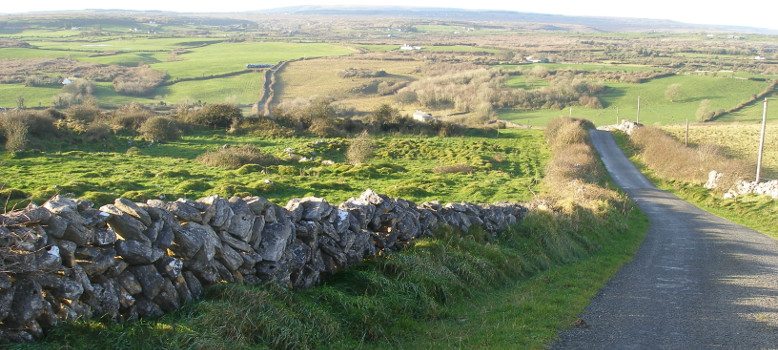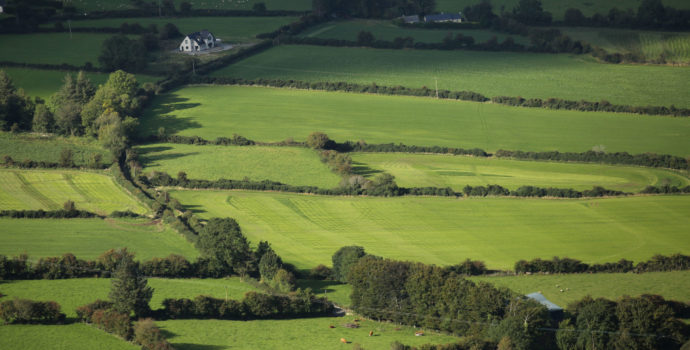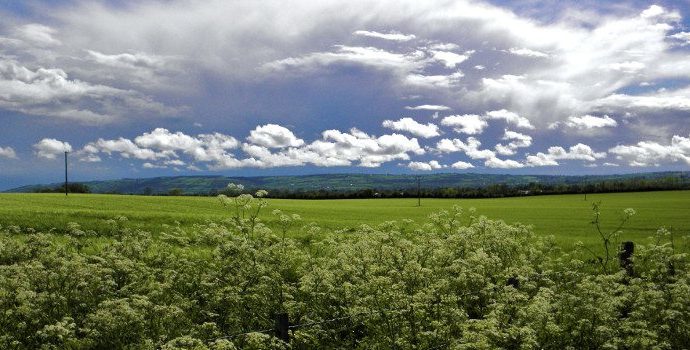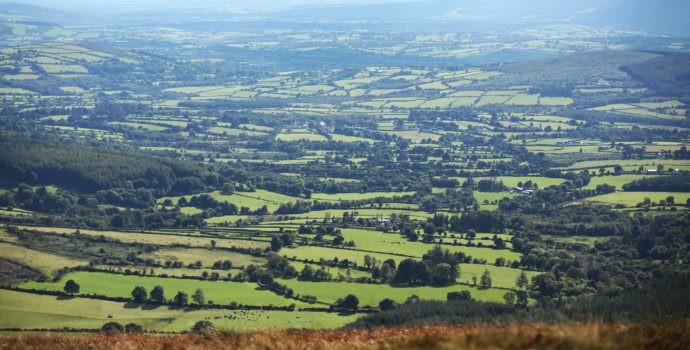Farmers are Committed to Reducing Emissions

Reacting to the Ag Climatise – A Roadmap towards Climate Neutrality – report published by the Dept of Agriculture today, IFA President Tim Cullinan said that farmers are committed to reducing emissions.
“In 2019, emissions from Agriculture were down by 3.9% and more can be achieved by adopting a range of measures, particularly those outlined in Teagasc’s Marginal Abatement Cost Curve (MACC),” he said.
“There is already significant take up of these measures. The focus must be on supporting farmers to adopt specific mitigation measures and technologies to improve productivity and efficiency on farms. This will achieve emissions reduction.”
He said that we must not get side tracked by the discussions on reducing numbers. “There is no such thing as the ‘national herd’. Every animal is owned by an individual farmer who is trying to make a living. It is about supporting these farmers to improve efficiency so they can farm more sustainably,” he said.
“Farmers are already doing a lot. Every farmer adheres to Cross Compliance measures, while over 50,000 participate in the Green Low Carbon Scheme (GLAS),” he said.
“It is also important that there is recognition in the Programme for Government that biogenic methane needs to be measured differently. If we are to achieve emission reduction goals, then we need to increase the understanding of GHGs on farms, including accounting for the carbon stored in our soils, grass crops, hedgerows etc.” he said.




